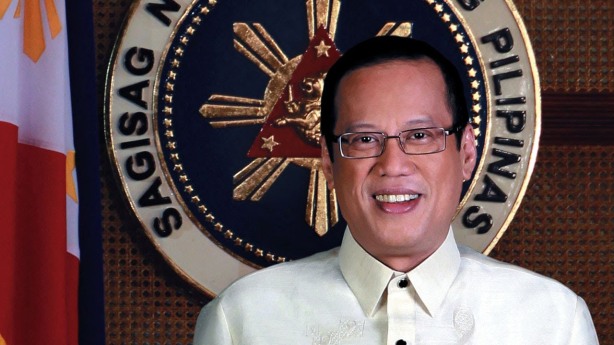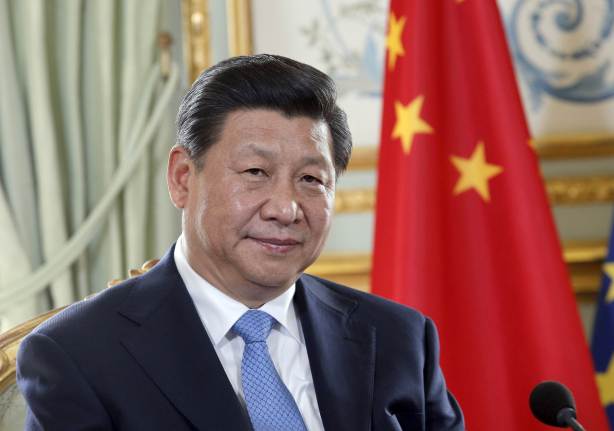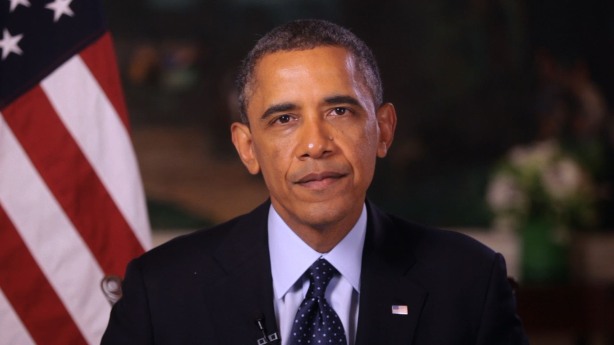“The changing triangular relations between the Philippines, the United States and the People’s Republic China: From Obama, Aquino, and Xi and beyond”[1]
Amado M. Mendoza, Jr. and Richard Javad Heydarian[2]
The triangular relationship between three states–the Philippines, the United States of America, and the People’s Republic of China (the former a minor power and the other two are great or major powers)–is defined and promoted by each of these states according to their best lights and interests. Notwithstanding the twist and turns of the trilateral relationship and subsidiary bilateral relationships, the conduct of the major powers in relating with each other is marked by ‘pragmatic opportunism’. Meanwhile, the Philippines is guided by naive incompetence under-girded by a failure to recognize an ally’s strategic opportunism as well as an unfounded belief that the ally is always there or could be forced to be there to protect Philippine interests vis-a-vis the PRC. Such incompetence is a function not only of naiveté but also of wishful thinking, the lack of a strategic planning culture, and plain laziness amongst Filipino policy-making elites.
Fareed Zakaria, the plagiarizing pundit so beloved by American media, opined that the so-called post-American world is not about the decline of the United States but rather the rise of everybody else. Zakaria is as usual too effusive and sanguine; not everybody else will rise or has risen. Consider Africa. Has it undeniably profited from the opportunities generated by contemporary globalization? How about the war-torn and failed states of Afghanistan, Syria, Libya, and Senegal?
In truth, what are quite clear are the rise of China (the People’s Republic of China, or PRC) and the resurgence of the Asian region as a whole. The world is indeed changing; more particularly, the locus of economic power has been shifting from a (by now Old) New World in Europe and North America to a (by now New) New World in Asia. Wracked by public economic malaise and simultaneously hollow and hyper-financialized economies, the West is apparently playing second fiddle to the East in a seeming return of the world’s center of gravity to a region that held sway in ancient times (See Kohli, Sharma and Sood 2011 and Nye 2015; for a differing viewpoint, see Dollar 2007).
Talk is rife about a new Asian century. This conference was in fact premised on this shift to the East and inquires into how the Philippines will (and should?) respond to the varied and multi-faceted challenges generated by a rapidly-changing strategic (regional and global) environment. Key to this endeavor is an analysis of the country’s relationship with two key powers—the United States of America (USA) and the People’s Republic of China (PRC).
This paper argues that the Philippines has clung to and continues to abide by an outmoded and wishful appraisal of the capabilities and intentions of its American ally. Consequently, it has erred in the conduct of its relations with a powerful rising neighbor, China. The mistakes have particularly piled up during the current presidential administration of President Benigno Simeon C. Aquino III, who hopefully will step down from office on the last day of June next year. In preparation for a post-Aquino foreign policy, this paper will suggest some ways to rectify these errors. However, a clinical understanding of the current situation is necessary to undertake such reforms.
__________________________________________
[1] Paper presented at the 1st Asian Politics & Policy International Conference, UP Asian Center, 25 July 2015. It is still a draft and should not be cited without the corresponding author’s knowledge.
[2] Mendoza is full professor of political science at the University of the Philippines (Diliman) while Heydarian is assistant professor of political science at the De La Salle University (Manila). Comments are welcome and should be address to the corresponding author through ammendozajr@gmail.com.
____________________________________________________
References:
Dollar, D. 2007. “Asian Century or Multi-polar Century.” World Bank Policy Research Working Paper No. 4174.
Kohli, H., Sharma, A., and Sood, A. eds. 2011. Asia 2050: Realizing the Asian Century. Singapore: Sage Publications.
Nye, Joseph Jr. 2015. “The future of U.S.-China Relations.” Brazilian Journal of International Relations 4(1): 7-20.






